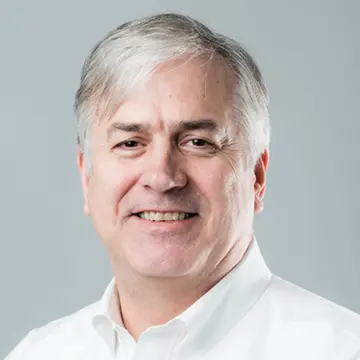John Parsons is a Senior Lecturer at the MIT Sloan School of Management. He is also the CoDirector of MIT’s CANES Low Carbon Energy Center which explores new avenues for nuclear fission, and a Research Affiliate at MIT’s Center for Energy and Environmental Policy Research.
Parsons is a financial economist specializing in risk management, corporate finance, and valuation. His research focuses on the problems of risk in energy and environment markets, the role of trading operations in energy companies, and the valuation and financing of investments in energy markets. For ten years Parsons worked in the finance practice at the economics consulting firm CRA International, where he was a vice president and principal. He worked with many major international oil companies, mining companies and commodity processors, electric utilities, and international pharmaceutical companies on a wide variety of risk management and valuation matters.
Parsons has taught on the finance faculty at MIT’s Sloan School of Management, the Zicklin School of Business at the City University of New York’s Baruch College, and the Columbia Business School.
He holds a BA in Economics from Princeton University and a PhD in Economics from Northwestern University.

